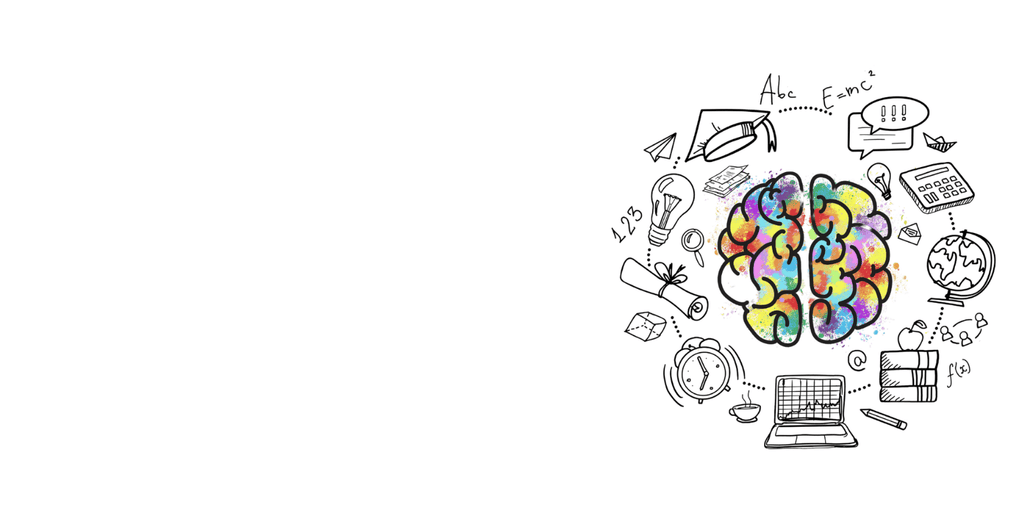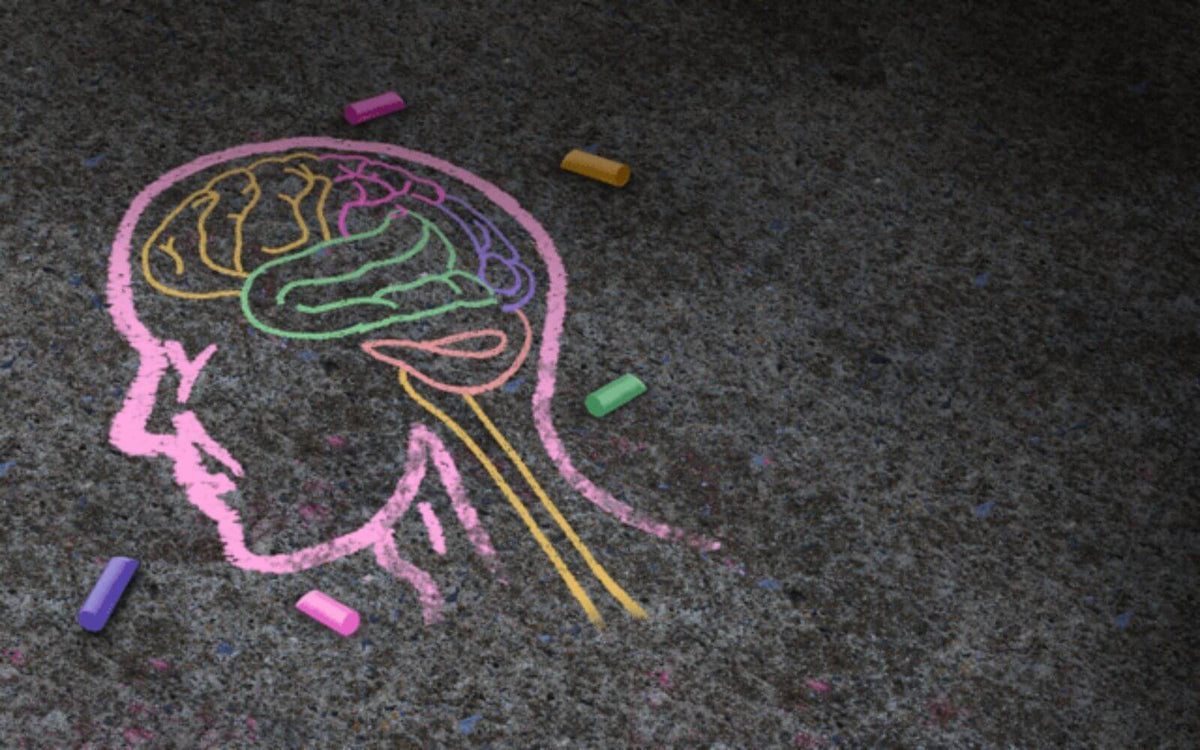Is Autism Genetic?

Is Autism Genetic?
Autism Spectrum Disorder (ASD) affects an estimated 1 in 44 children in the United States today. It appears very early on in childhood development and is characterized by impaired social skills, difficulties in communication, and repetitive behaviors. People with ASD are also at an increased risk of psychiatric problems like depression, anxiety, obsessive-compulsive disorder, and eating disorders. In this article we answer the question is autism genetic and discuss if there is in fact, a gene for autism.
Definition of Autism
Autism is a developmental disorder that varies in severity and is characterized by difficulty in social interaction and communication followed by repetitive thoughts and/or behavior.
Gene For Autism
According to a recent study, inherited mutations of a gene called ACTL6B can lead to autism, epilepsy and mental retardation. The mutations are recessive, meaning that they only can lead to autism or epilepsy if the individual inherits both copies of the gene--one from both parent. Professor of Neurosciences and Pediatrics at the University of California, San Diego and co-lead researcher, Joseph Gleeson suggests that recessive mutations in ACTL6B could be a relatively common cause of autism.
ACTL6B helps control the way other genes in the brain are expressed by encoding part of a protein complex called BAF. This complex tightens and loosens chromatin which is the bundle of DNA and protein crammed inside a cell's nucleus during transcription.
Autism Genes
Scientists have linked autism to mutations in other chromatin regulation genes--including some that encode other parts of the BAF complex. For example, ACTL6B mutations have previously been associated with neurodevelopmental conditions, however, the new study outlined above makes the case that they are tied to autism.
Does Autism Run In Families?
A recent separate study that was the largest family-based genetic autism study to date and included children with autism, their siblings, as well as parents and their siblings found that over 80 percent of autism risk can be traced back to inherited genes rather than environmental factors or random mutations. The study published in JAMA Psychiatry, analyzed data of nearly 2 million people across Finland, Denmark, Israel, Sweden, and Western Australia. In the words of Joseph Buxbaum, M.D., one of the lead authors of the study and professor of psychiatry at the Icahn School of Medicine at Mt. Sinai Medical Center:
"We expanded on previous results by including more family members and data from countries that vary widely in their autism health system. We found that the strongest contributors to risk of autism are from inherited genes. Spontaneous genetic changes and other factors that we could not estimate are additional contributors to risk of autism."
Furthermore, the study found little-to-no evidence of risk developing autism from maternal effects like chronic health conditions. While the authors of the study concluded the maternal effects create no risk for autism other researchers contend that it is a complicated issue.
Autism and Genes
As Daniele Fallin (Ph.D.,) who is an epidemiologist and chair of the Department of Mental Health at Johns Hopkins University's Bloomberg School of Public Health stated, “the maternal effects aspect of the paper is a clever analytic approach. However, it is based on relatively small numbers of maternally linked cousin pairs with autism, and thus shouldn’t be taken as a definitive answer. Any interaction between inherited gene effects and environments are difficult to model in this approach." She continued, “while the results confirm the very important role of inherited genes in autism risk, it is a mistake to conclude that they rule out an important role for environmental risk or maternal effects.”
Genetic Testing For Autism
Although it's not easy to estimate the contribution of random genetic variation from this analysis, the comprehension of the power of genetic influences is vital for developing personalized treatments in the future. As Autism Speaks Chief Science Officer Thomas Frazier, Ph.D. says, "we encourage everyone with an autism diagnosis to speak with their provider about genetic testing and participate in genetics research when they can."
Online Test For Autism
Unfortunately, a large number of children (as well as adults) who meet the criteria for autism are failing to receive a formal diagnosis. Reveal is the world's first online autism test that is powered by artificial intelligence (AI) and has questions formulated by licensed therapists. Take Reveal's online test for autism here.

Leave a comment
Comments will be approved before showing up.
Also in Understanding Autism

How To Diagnose Autism In Adults

What Are The Signs of Autism In Adults?










